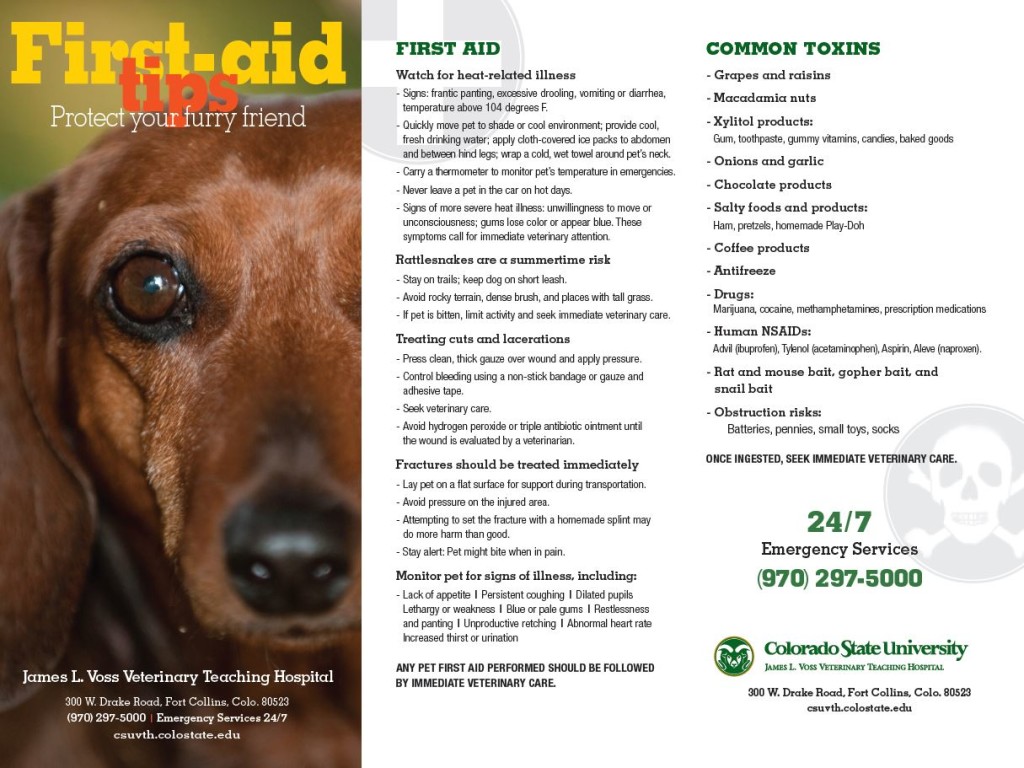Why should humans have all the fun during the holidays? A dog’s gotta eat, too. And turkey bones are not safe for canine consumption, regardless of what those bad dogs did in “A Christmas Story.”
You’ve probably already heated the oven, so why not make some treats just for your canine guests? We created a hearty biscuit that combines pumpkin and oats in a tasty turkey shape. Now, man’s best friend can enjoy the feast along with the rest of the family. You’re welcome, dogs.
Holiday Turkey Treats
Recipe approved by CSU veterinarians.
If you are concerned about fat in your dog’s diet, use lean bacon and omit the fat, or leave out the bacon entirely. This recipe makes about 25-30 cookies, depending on size. Store refrigerated one week, or freeze.
Ingredients
2-3 slices bacon
1 cup canned pumpkin puree (not pie filling, which has spices and sugar)
2 eggs
1 cup whole oats
2½ cups whole wheat flour
Directions
Preheat oven to 350 degrees. Line a baking sheet with parchment paper or a silicone baking mat; set aside.
Heat a large skillet over medium-high heat. Add bacon and cook until brown and crispy, about 6-8 minutes. Crumble bacon and reserve excess fat.
In a large bowl using a mixer or wooden spoon, mix pumpkin puree, eggs and bacon fat. Add oats and 2 cups flour, and mix until well-blended. Add remaining flour a little at a time just until the dough is no longer sticky. Blend in bacon.
Turn the dough onto a lightly floured surface and knead it a few times until it becomes pliable. Roll out to about 1/4-inch thick. Cut out shapes with cookie cutters or a knife and place onto the prepared baking sheet.
Bake until the edges are golden brown, about 20-25 minutes. Let cool completely.
Special thanks to Porter and Kevin Brown for taste-testing help.
Healthy holidays

As we enter the holiday season, here are some reminders from CSU’s Dr. Heather Weir and the American Veterinary Medical Association about keeping your pet safe in the kitchen:
- Chocolate – especially rich, dark chocolate – can be toxic to dogs. Symptoms range from vomiting and diarrhea to tremors and seizures.
- No raw dough: Ingesting uncooked yeast can cause serious discomfort and possible intestinal rupture in pets.
- Grapes, raisins, and nuts are often found in holiday recipes, and they can pose serious risk to your pets. The ingestion of grapes and raisins, for instance, can cause toxicity that leads to development of kidney failure and lack of urine production. Learn more about pet first-aid tips and toxic foods here.
- The alternative sweetener xylitol can cause acute hypoglycemia, sometimes leading to internal bleeding and liver failure. Found in mints, gum and other candy, its use has grown in home kitchens, and some pet poison helplines have simultaneously reported increased cases of xylitol toxicity in pets.
- Sharing our delicious ham dinner with our pets can induce vomiting, diarrhea, or even pancreatitis, primarily because of the effects of high fat and salt content.
- Seal up any trash that contains a turkey carcass. A pet can consume so much leftover food so quickly that it can develop pancreatitis, which can be fatal. Contact your veterinarian immediately if your pet has eaten a large amount of leftover food.